Are you willing to sponsor?
Are you ready to explore the transformative power of athlete sponsorship for your brand? Click here to learn more about how sponsorship can help brands grow and thrive in the exciting world of motorsports.
By Riccardo Tafà| Posted September 14, 2017 | In MotoGP, Sport News, Sport Sponsorship, Sports Marketing
As a brand that wants to move into the world of sports sponsorships, it’s likely that you have a lot of questions and that you wonder about how many types of sponsorship in sport exist- but don’t worry, because we get asked this a lot and we are ready to provide some much-needed answers.
Sports or team sponsorship can reap lots of rewards, but there’s no doubt that there are multiple things to consider. What are the advantages and disadvantages of sports sponsorship? How important is it really? Should you sponsor a specific team or sporting events? Are there any top sports sponsorship campaigns that you can learn from?
We won’t answer all of this today (although we’ll try to soon!) but we will focus on the different types of sponsorship and what it is that they can provide, as well as offering some tips on what you should be thinking about at the next stage of the decision-making process.

There are a few different types of sponsorship that you have most likely already heard about before approaching teams, individuals or sports organization. Categories of sports sponsorship include, but are not limited to, the following:
which one of these do you need? Only you can tell. It depends on your objectives and budget to start with. To explain this simply, it’s better to give some examples: let’s say you’re a brand wishing to use the sport team or individual’s name, logo and/or imagery as part of your campaign to reflect a positive and healthy image, but you are not interested in increasing your brand awareness since you are already well known. Let’s say that you would like to use the program mainly to build sales promotions for the consumers. In this case, you might want to consider becoming an official partner, rather than a main or title sponsor. It would be an overkill to invest a lot of money if what you really need is the opportunity to leverage on sports fans passion about that team in order to increase sales.
There is no need for big spaces on the Bike/car but the marketing right to run the promotion and an official partner can obtain that kind of rights.
If that is the case – for example if you want to reach a community sports demographic, or fans of a local team – you don’t need this far-reaching audience. Your audience might need to be smaller, more specific, and more likely to buy into your brand as it plays directly into their interests or life. Maybe the right choice is to support youth sports at a local level and again Official or technical partnerships can give you this.
Long story short, different sponsorship packages with their different names are as good as they are capable to deliver against the given objectives. There are no good or bad sponsorship packages, just ones that suits your needs and others that are a mismatch. Always start from a market research to establish what you really need, invest in the right property and the plan and implement the sponsorship activations you need to reach your objectives.
Sport sponsorship is a significant marketing strategy employed by many businesses, big and small, for events of all sizes from the FIFA World Cup to the local Sunday League. Here are some of the key advantages:
Remember, however, the effectiveness of sport sponsorship can depend on many factors, including the choice of sport, team, or athlete; the audience demographics; the alignment between the sponsor’s brand and the sponsored entity; and the broader marketing strategy of the business.
We’ll discuss this question in more detail elsewhere – but for the moment, it’s useful to think of sports as you’d think of a media outlet that you might advertise with, and this means asking a few more questions. Will my potential customers see my brand if I position it here? Will this sportsperson/team/event make its followers more aware of us, leading to familiarity, the development of brand preference – and ultimately the intention to become a customer? Does the team/championship/individual represent our values? Will this sponsorship campaign create an emotional link with the people I want to reach? Ultimately will sponsor sport help me grow my business? Are my sponsorship dollars well spent with this sports teams or is better to choose other sports event?
The agency will answer you to all these questions and on the basis of these answers will lead you in the right direction. The next things to think about when moving forward in the sports sponsorship process is the plan you have to devise to exploit the sponsorship to its fullest (Discover more about Sponsorship Activation).
To stay up to date with news and for further advice on this subject, and for more sport sponsorship examples, remember to keep checking out us. Since 1995 RTR Sports Marketing is a leading sponsorship agency with its roots in motorsports, such as MotoGP and Formula 1.
Are you ready to explore the transformative power of athlete sponsorship for your brand? Click here to learn more about how sponsorship can help brands grow and thrive in the exciting world of motorsports.

Managing Director for RTR Sports, Riccardo graduated in law at the University of Bologna. He began his career in London in PR, then started working in two and four-wheelers. A brief move to Monaco followed before returning to Italy. There he founded RTR, first a consulting firm and then a sports marketing company which, eventually, he moved back to London.
The online platform where you can discover the latest trends, strategies and insights from the exciting world of sports marketing.
View our blog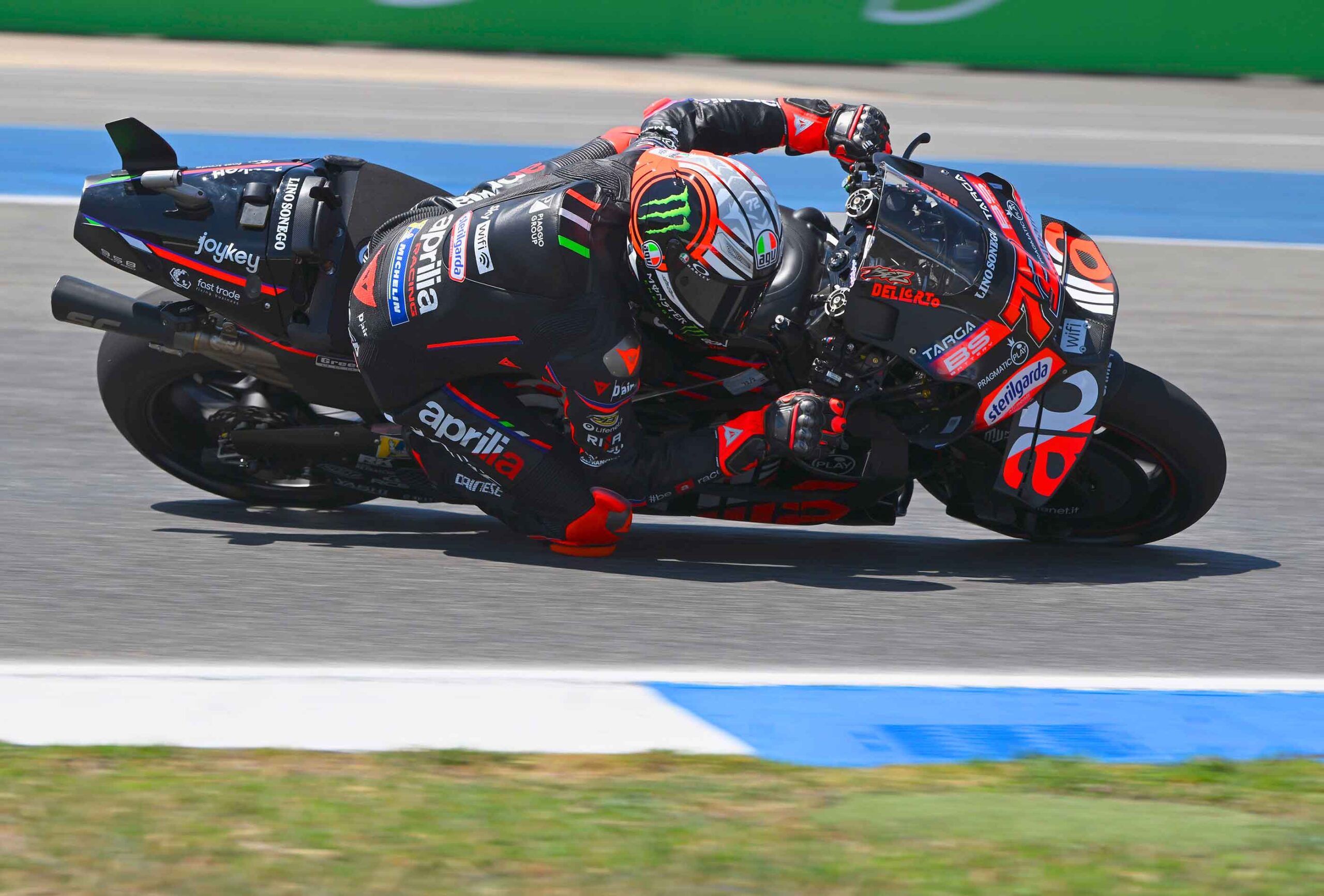
June 17, 2025
Starting in 2027, MotoGP is preparing for a momentous change that will redefine the face of motorcycling’s premier class. The new technical rules, announced by the Grand Prix Commission[...]
Read More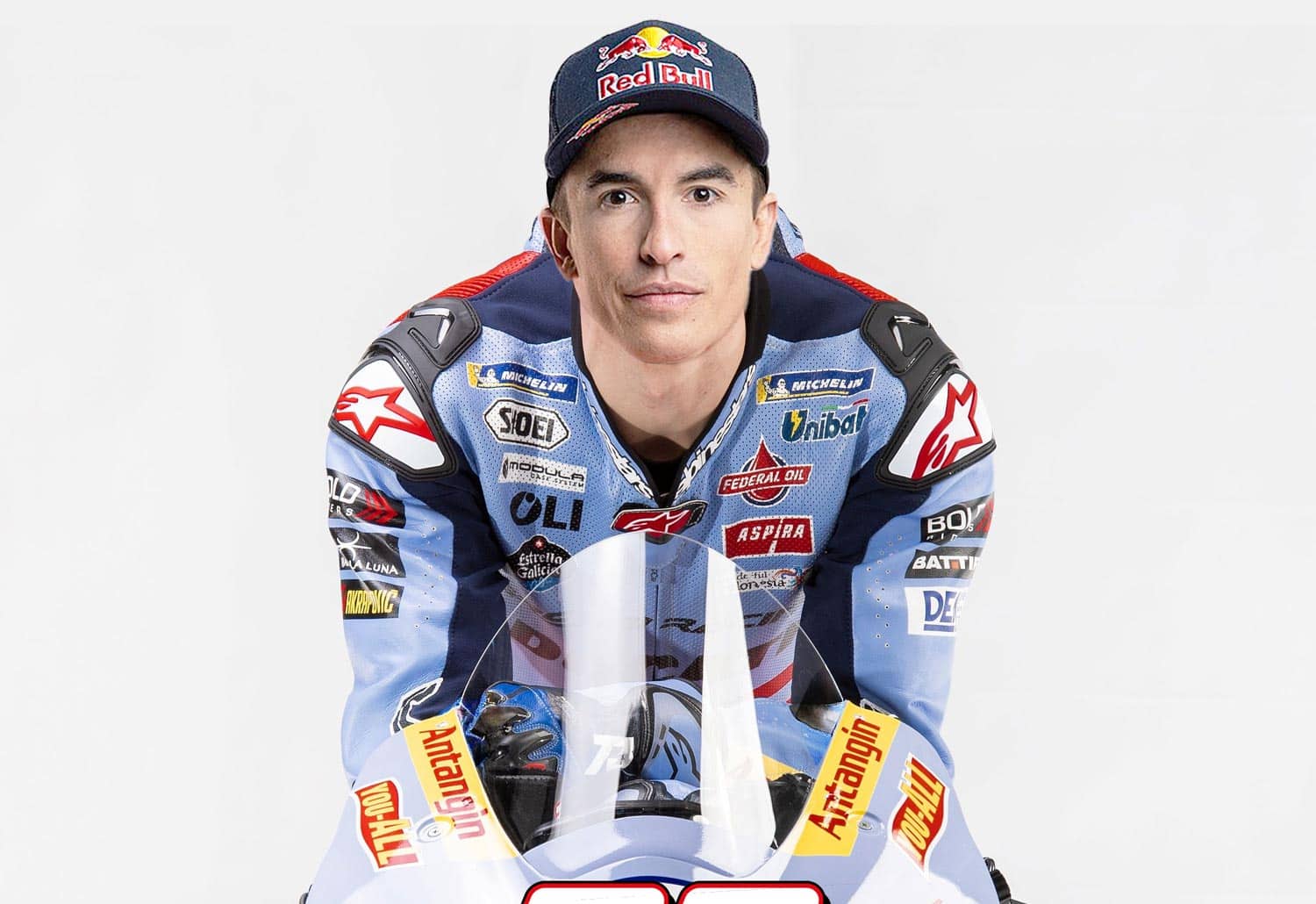
June 11, 2025
After 11 years, Marc Marquez is leaving Honda HRC to join Team Gresini. This was announced in a laconic press release, without signatures or photos, by the same House with the Wing. The same [...]
Read More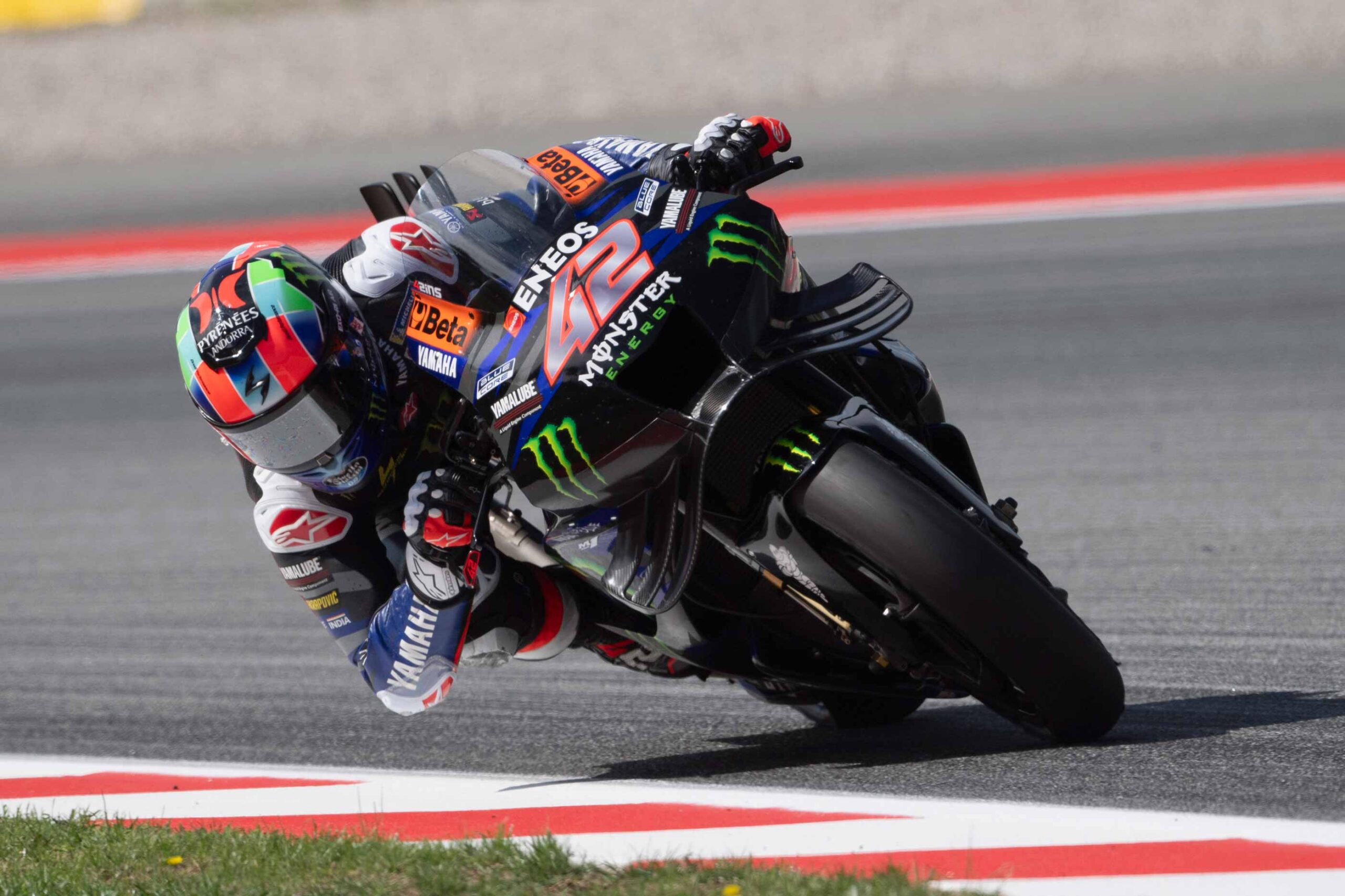
May 6, 2025
In the world of motorsport sponsorship, speed and performance have traditionally reigned supreme. However, a new race is underway, one towards sustainability. Both Formula 1 and MotoGP are st[...]
Read MoreIn an era where it is possible to get anywhere with a click, there is a strong temptation to approach teams and properties directly for sponsorship projects.
By doing so, we are convinced that we are shortening the value chain, saving time and money. However, these DYI methods are anything but risk-free and what initially appears to be a competitive advantage soon turns into a problem that is difficult to resolve. That’s why there are agencies. And this is why you should rely on us for your sponsorships.
When first approaching a sponsorship or sports marketing project, it is difficult to know immediately which stakeholders are correct, what the decision flow is, and what the right timelines are for each process. Sports is a very specialized field of action, and fitting effectively into its paths can take a lot of time and therefore money. We, on the other hand, know referents and spheres of action and know who to talk to, when and how. So you are also more effective.
Sports is an immense passion, and for our heart colors we would be willing to do anything. But business is a different business, and it is important to make the best possible strategic decisions based on independent research, statistics and reliable data. A sports marketing and sports sponsorship agency like RTR has an objective, 360-degree picture of the scenario and can tell you what is really best for you: which sport, which athlete, which team. This is because we possess a great deal of data and information on ratings, segmentation and attitudes. Because the numbers don’t lie. Never.
Activations are the real heart of sports sponsorship. Without them, there remains only a blank sticker on a motorcycle, car or uniform and no contact with the public, no emotional connection, no impact on the bottom line. Then how do you do it? It certainly won’t be the teams or the athletes who will help you leverage sponsorship and enjoy the many marketing rights you have paid for. To bring out the best in a sports marketing project you need an agency that knows how to use sponsorship to engage the fanbase on the Web, to reach out to Shopping Centers, to organize hospitality, to develop B2B and B2C opportunities, and to get “your” athletes in front of millions of potential consumers.
Would you ever go to the dealer who sold you the car and ask if the competitor’s car is better? No, of course. So, how do you expect to get firm measurements of the effectiveness of your sponsorship if you do not rely on someone super partes? At RTR, we have always worked with independent third-party agencies that allow us to know the return on any exposure of your brand on TV and in the media. In addition, we believe in calculating ROI as the ultimate measure of your success-so we can tell you for every penny you spend how much you are making.
We have been involved in sports sponsorship and sports marketing for more than 15 years. We are consultants in the sense that our goal is to maximize your investment, but we are also an agency that manages the project from start to finish. We have been doing this since 1995 with passion and professionalism, following three principles that have become cornerstones of our business: independence, verticality and transparency.
I would like to highlight the fact that one of the qualities of RTR is its great ability to approach the sponsorship scenario strategically, together with its passionate attitude, its amazing enthusiasm for solving problems, and its high level of professionalism.
Gianluca Degliesposti
Executive Director Server&Storage EMEA
Eurosport is truly delighted with its business relationship with Riccardo Tafà, who has become extremely popular, thanks to his detailed knowledge of the sports marketing sector and his highly diligent attitude to work.
Francois Ribeiro
Commercial Director
Passion and Expertise are the features that I have found in RTR since the very beginning. Serious and reliable professionals but also very helpful, nice and open-mind people, willing to listen and compare different ideas. All the values in which RTR believes make this agency a partner, not just a supplier, a partner with whom we have had the opportunity to achieve significant commercial results in term of success and image.
Luca Pacitto
Head of Communication
We have been working with RTR Sports Marketing for over 10 years. The objectives and the programmes of collaboration continue to be renewed and to grow with mutual satisfaction. I believe RTR is a team of great professionals led by Riccardo Tafà, who I consider a manager of exceptional skills and with a great passion for his work.
Lucio Cecchinello
Team Principal
I have known and worked with Riccardo Tafà since 1995 when we collaborated for the first time on a project for the Williams Formula 1 team. Several clients followed. After leaving Williams to work for Gerhard Berger then owner of the Toro Rosso F1 Team, I turned again to Riccardo to seek his help in finding a tool supplier for the team and Riccardo duly obliged with an introduction to USAG, a partnership with Toro Rosso which endured for five years. I recently started a new role as Group Commercial Director for the renowned Andretti Autosport organisation and I find myself working with Riccardo once again on a number of interesting projects. Why has this relationship with Riccardo endured ? He’s smart, knows the commercial side of sport inside out and back to front and he’s honest and trustworthy. Riccardo Tafà is a “doer” not a “talker”: in over 20 years I have never had a dispute either with him or with a company that he has introduced and each partnership introduced by Riccardo has delivered quantifiable ROI to rights holder and sponsor alike. I can think of no better testimonial of Riccardo’s diligence, knowledge, contact base and hard work than that.
Jim Wright
Group Commercial Director
The online platform where you can discover the latest trends, strategies and insights from the exciting world of sports marketing.
View our blog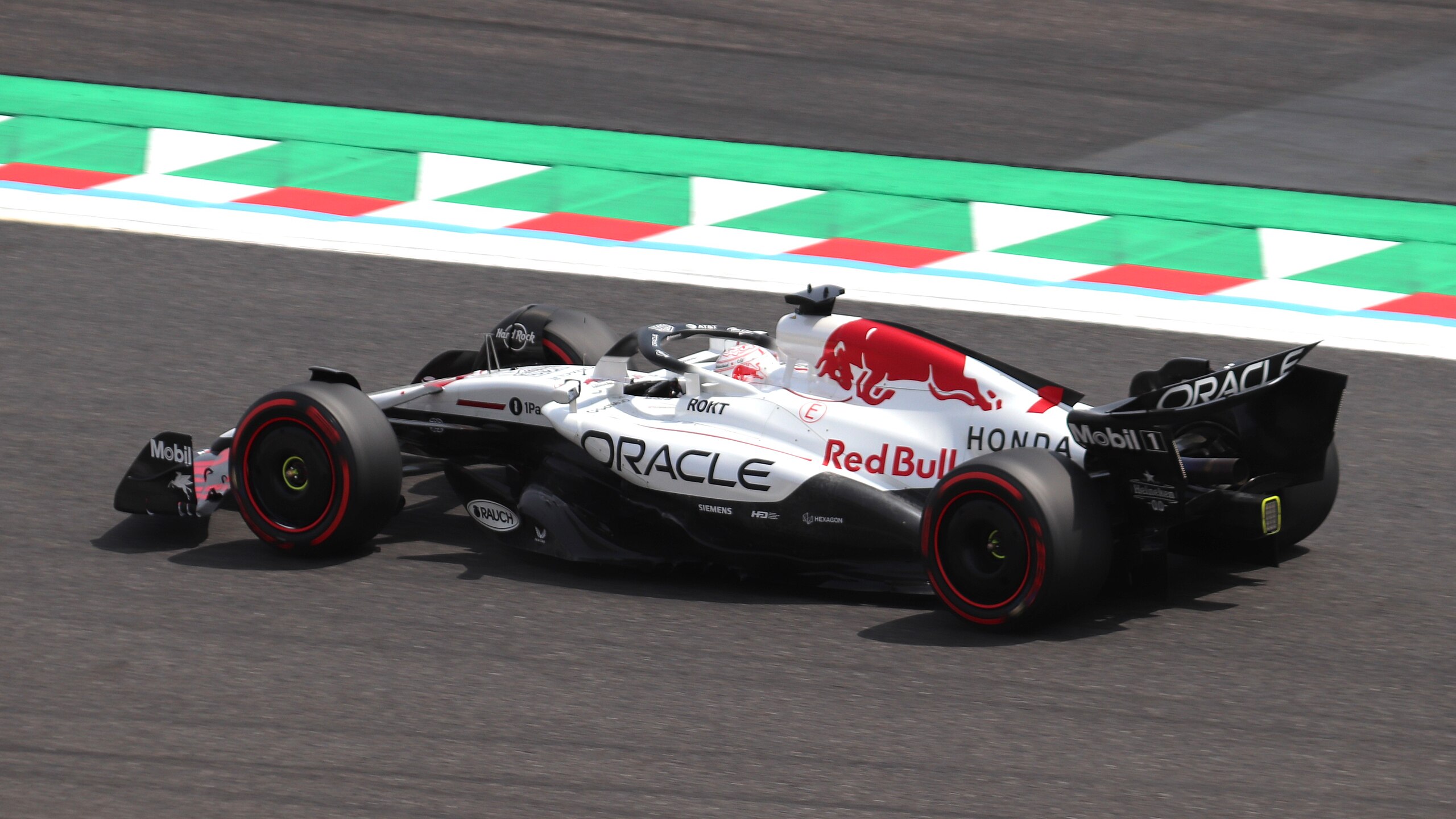
July 4, 2025
When, in 1950, the Formula 1 kicked off at Silverstone, no one could have predicted that, 75 years later, it would become much more than a sport. Today, F1 is a global phenomenon, a cultural,[...]
Read More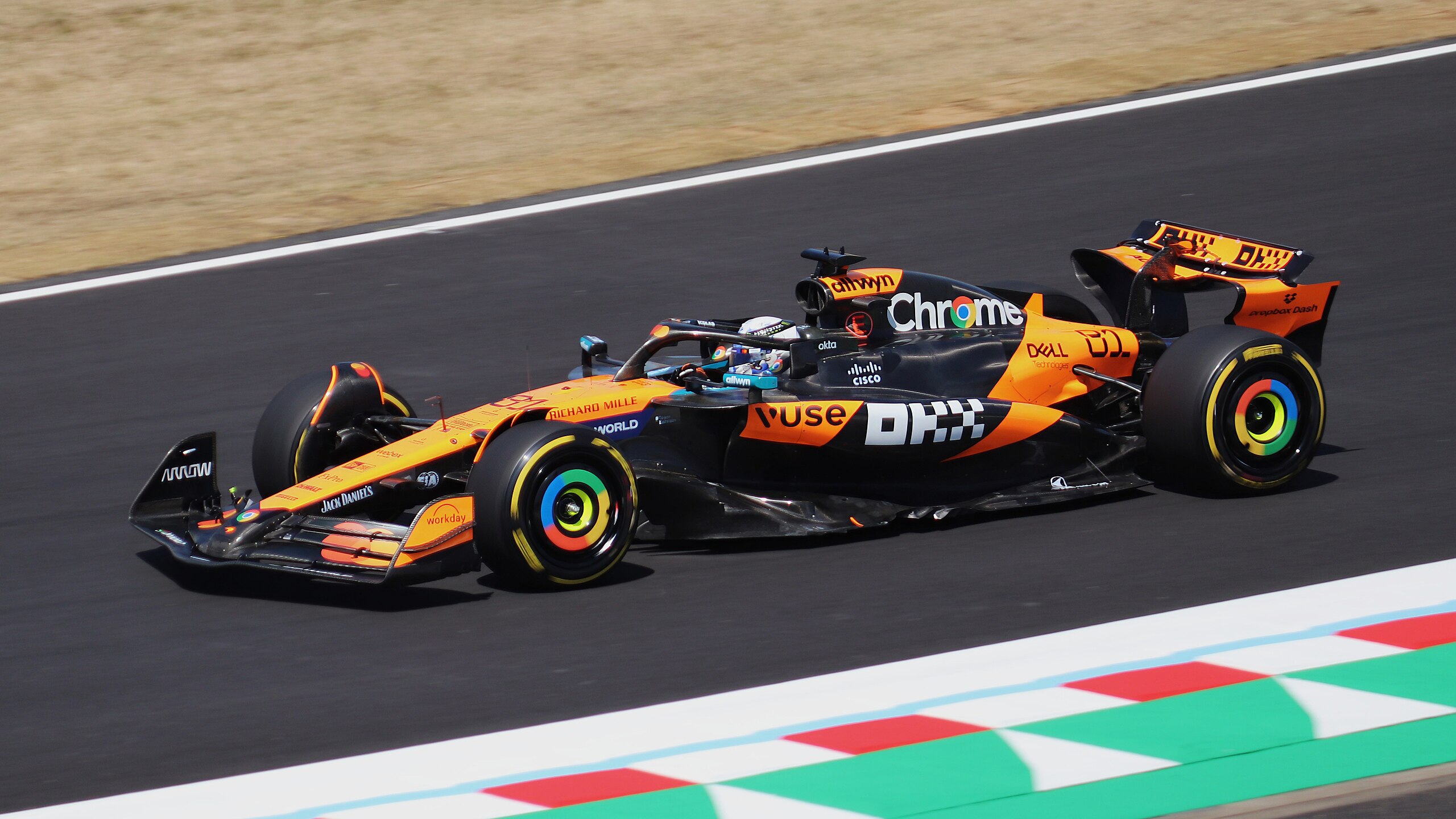
July 1, 2025
In the complex and exciting world of Formula 1, performance no longer belongs exclusively to wind tunnels and race strategies. It also unfolds in boardrooms, brand labs, and experiential mark[...]
Read More
June 26, 2025
The European Commission has provided Liberty Media Corporation with unconditional approval to complete the acquisition of the MotoGP World Championship. The process of annexing the top motorc[...]
Read More